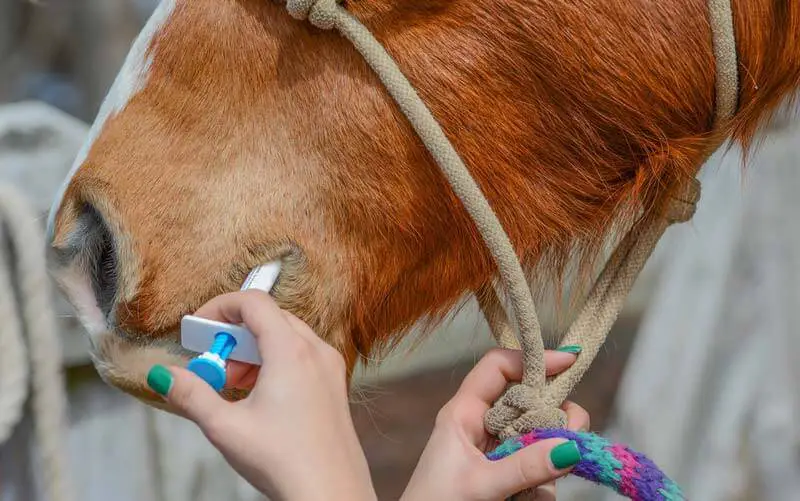
With worm resistance on the rise, a faecal egg count (FEC), followed by a faecal egg count reduction test (FECRT), is paramount to protecting our horses’ long-term health. Without this much needed information, worming is costly at best and ineffective at worst.
As a horse owner, you already understand the benefits of worming every 6-12 weeks, but do you actually know if the worming products you’re using are working effectively? A faecal egg count contains the answers…
Right now, you can claim a faecal egg count for your horse for just $10! To find out more, call us on (07) 5411 4554 or email [email protected].
What is a faecal egg count?
A faecal egg count is a microscopic examination of your horse’s manure. A fresh sample of manure is collected and sent to a laboratory for analysis. There, a precise amount of the manure sample is mixed with a solution and examined under a microscope.
What results can I expect from a faecal egg count?
Under microscope, your veterinarian will examine your horse’s manure at low magnifications to count the eggs present. Using a simple calculation, they will then be able to estimate the number of eggs per gram (EPG) to determine if your horse has a low, moderate or high worm burden. It can also identify the types of worms present.
When is a faecal egg count needed?
You should conduct a faecal egg count at least twice a year. A faecal egg count should be done one week prior to worming, followed by a faecal egg count reduction test two weeks after. The results of these tests will tell you which worms are present and which wormers will be most effective.
How much does a faecal egg count cost?
The cost of a faecal egg count is inexpensive in comparison to the potential and vast health problems caused by ineffective worming. Check with your local laboratory or veterinarian to find out their fees.
Remember, the aim of a FEC, followed by a FECRT, is to make your worming program as effective as possible, while reducing the amount of wormer required. Not only do these important tests save you money, but they are imperative to protecting your horse from harmful parasites.



